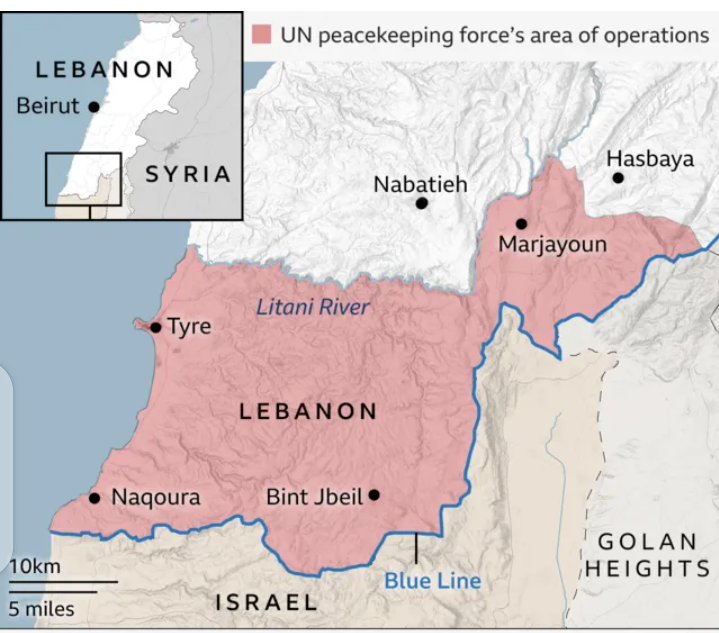Ceasefire Deal Reached Between Israel And Hezbollah.
After 13 months of conflict, a landmark ceasefire agreement has been announced to halt hostilities between Israel and Hezbollah, the Iranian-backed Lebanese militia. The deal, brokered by the United States and France, aims to restore peace in Lebanon and secure Israel from militant threats.
Key Terms of the Agreement
US President Joe Biden described the deal as “a permanent ceasefire,” with measures to ensure stability along the Israel-Lebanon border. Under the agreement:
– Hezbollah will withdraw its fighters and weapons from the area between the Blue Line—the de facto Israel-Lebanon border—and the Litani River, roughly 30km (20 miles) to the north, within 60 days.
– The Lebanese army will deploy 5,000 troops to replace Hezbollah fighters, ensuring the area remains free of militant infrastructure or weaponry.
– Israel will gradually withdraw its remaining forces and civilians over the same 60-day period, allowing displaced residents from both sides to return home.
The terms are closely aligned with United Nations Security Council Resolution 1701, which ended the 2006 Israel-Hezbollah war.
Monitoring the Ceasefire
The ceasefire’s implementation will be overseen by an expanded monitoring mechanism involving UN peacekeepers (Unifil), the Lebanese Armed Forces, and representatives from the US and France.
President Biden clarified that no US combat troops would be involved, but military support would be provided to bolster the Lebanese army.
French and US officials emphasised that preventing Hezbollah from rebuilding its military infrastructure in southern Lebanon is a priority.

Challenges Ahead
Questions remain about the Lebanese army’s ability to enforce the agreement. Resource shortages have been cited, but international allies have pledged support to strengthen Lebanon’s capacity.
Hezbollah’s weakened state after months of conflict presents an opportunity for the Lebanese government to reassert control over southern Lebanon, many Western officials believe.
Israel’s Stance
Israeli Prime Minister Benjamin Netanyahu welcomed the ceasefire but warned of swift retaliation to any violations. “If Hezbollah rebuilds its infrastructure or launches any attacks, we will respond decisively,” he declared.
President Biden supported Israel’s right to self-defence but also stressed the importance of respecting Lebanon’s sovereignty.
The ceasefire agreement marks a significant step towards resolving one of the Middle East’s most enduring conflicts. While challenges remain, the commitment of both parties, along with international oversight, provides hope for lasting peace in the region.



